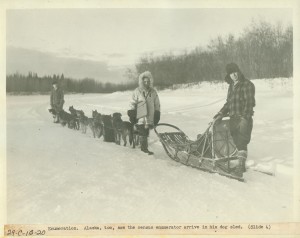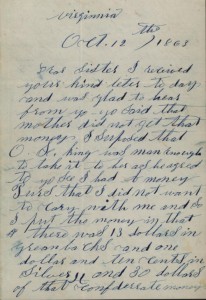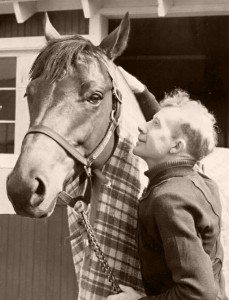
The United States Federal Census is among the most frequently utilized resources of genealogical researchers. However, rarely do we stop and consider the difficulties faced by enumerators in obtaining the data that we value so dearly. Never was the plight of census takers more apparent or severe than during the early decades of the twentieth century, when a number of men were charged with surveying the population of the Alaskan Territory.
Unlike the other forty-four states, where the census was taken on 15 April 1900, in Alaska enumerators began surveying the population as early as July 1899, and certain areas were not counted until October 1900, a span of fifteen months.[1] Continue reading A challenging environment: Alaska, 1900-1940






